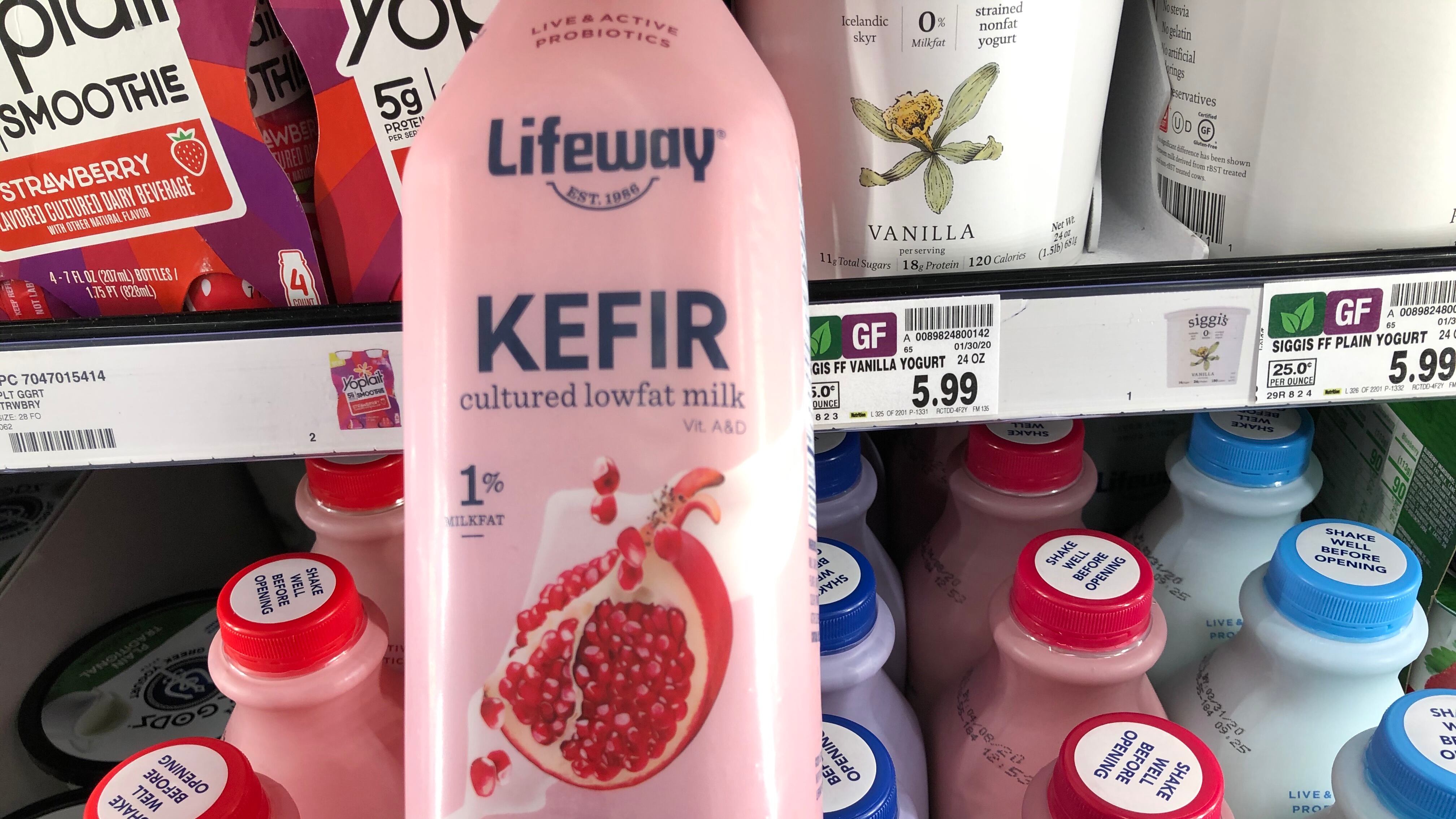The Oregon Liquor Control Commission this week abruptly reversed course on a December decision to include in the Bottle Bill certain bottled milk products including flavored drinkable yogurt and kefir, a fermented milk drink.
The decision represents a rare hiccup in the continued growth of Oregon's iconic Bottle Bill.
By law, milk containers have been exempt from the Bottle Bill, which requires a 10-cent deposit to spur return of recyclables. Lawmakers originally passed the bill in 1971 and expanded periodically since then.
But last year, as lawmakers expanded the bill to include the containers for hard seltzers and hard kombucha and in December, a seven-member panel completed rule-making around that expansion and decided to include containers that included certain milk products such as drinkable flavored yogurts, buttermilk and kefir, a fermented milk drink.
So while containers that had held cow and plant-based milk remained exempt, grocers and the Oregon Bottle Drop locations now had to accept kefir and yogurty empties.
After the new rules went into effect Jan. 1, dealing with the seltzer and kombucha containers proved easy but handling containers carrying residual dairy products, which can curdle and create a mess, did not.
"There were a lot of logistical hurdles, including what the yogurt or milk-based products left in the containers might be doing to machines," says Jules Bailey, the former Multnomah County commissioner who now works for the Oregon Beverage Recycling Cooperative. ORBC is responsible for taking back all bottle bill-covered containers.
So on Feb. 5, the OLCC announced it heard enough about spilt milk products and was pulling the plug on that part of the expansion.
The agency said it scrapped the new rule on milk products "to give the industry time to come up with a workable solution for accepting these empty containers."

